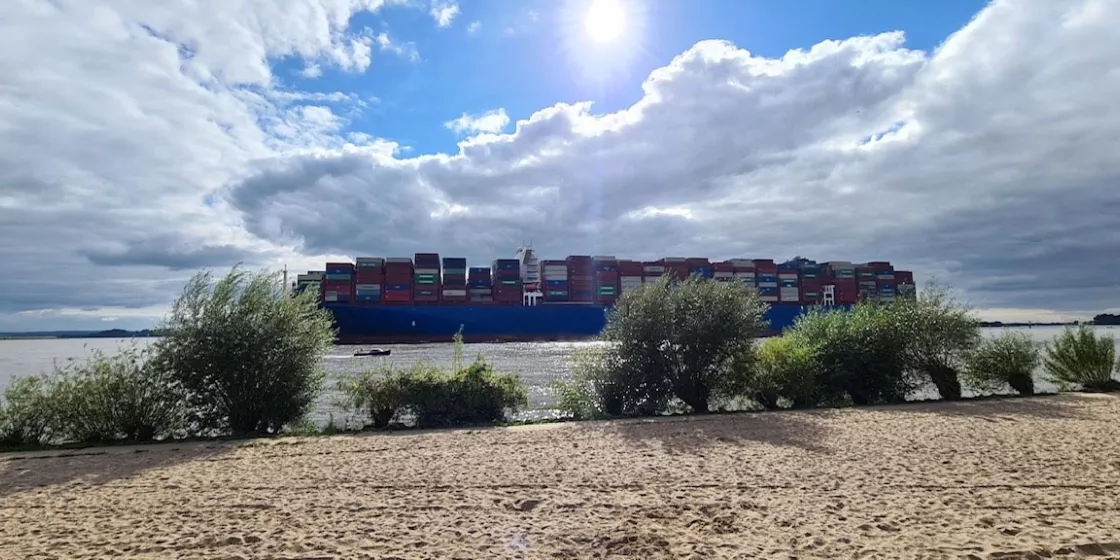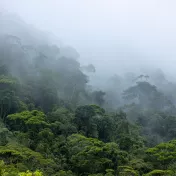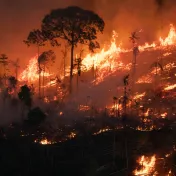On 14 October 2021, Alejandro Brown, president of Fundación Proyungas from the Gran Chaco, researchers Laura Kehoe (University of Oxford) and Alfredo Romero Muñoz (Humboldt University Berlin) as well as policy advisor Barbara Hermann (Climate Focus) highlighted the impacts of deforestation in the Gran Chaco through international trade and the difficulties of a zero-deforestation approach. They warned that the Gran Chaco is in a very critical state and further deforestation could lead to the total destruction of the ecosystems. At the same time, the situation for local communities, environmental activists and indigenous people remains difficult in the region.
In a panel, participants debated with Hugo-Maria Schally from the European Commission and Annette Schmidt-Räntsch from the German Ministry of Environment if and how we finally will end deforestation in the EU’s supply chains with the policy packages that are currently discussed at EU level. Thereby it became clear that the EU has to follow up on already existing national policies in producer countries to stop deforestation within its supply chains. The EU’s legislative proposal to halt and reverse global deforestation to be published mid of November could be an important step if it manages to include not only forests but also other endangered and critically important ecosystems like the ones of the Gran Chaco.
Other political instruments like the realignment of the EU trade politics, especially with focus on the negotiated EU-Mercosur trade agreement were also discussed. It was suggested to link trade partnerships to the implementation of the Nationally Determined Contributions (NDCs) of the Paris Agreement.
To halt and reverse deforestation is a global challenge and needs to be prioritized by the new German government as well as on the EU level. It is the EU’s responsibility to implement a broad package of policy and legislative initiatives ranging from a corporate sustainable governance directive to a revision of the legislation on taxonomy to ensure that investments and finance protect forests. The EU also has to reach out to other important consumer markets as China and support forest countries like Brazil, Argentina and Paraguay to preserve and restore the ecosystems that are globally important carbon sinks and habitat of many species.
The online seminar was held in English and Spanish with simultaneous translation and supported by the Robert Bosch Foundation. More than seventy people participated. A recording is available upon request.





